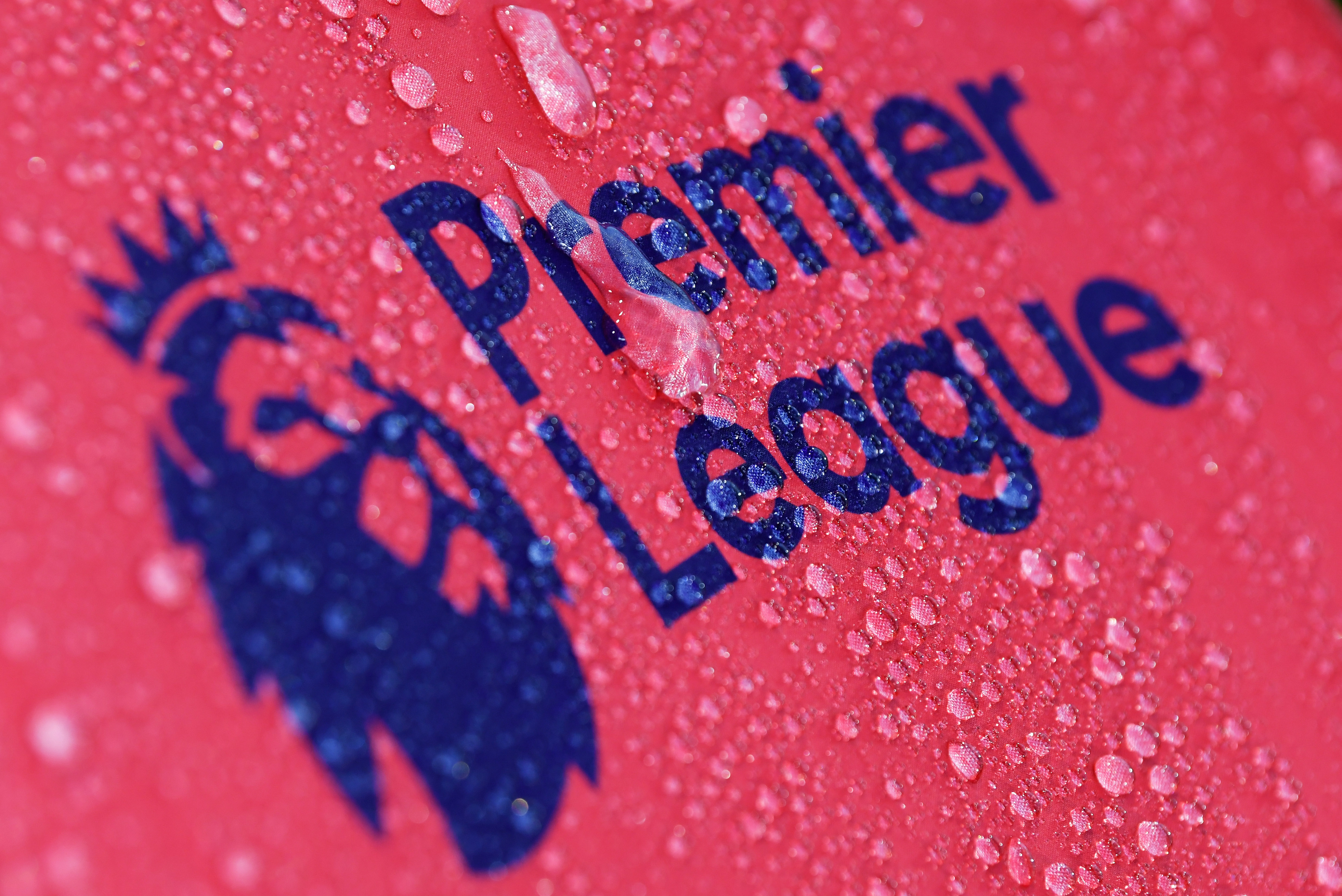The living legend of Indian football, the ‘Sikkimese Sniper’, is one of the rare breed of footballers in India who have donned both the Red-&-Gold and the Green-&-Maroon jerseys in their playing career. While most of the East Bengal fans connect to Baichung as their ‘home prodigy’, a large number of Mohun Bagan faithful portray the phenomenon as an avid Mariner. But quite a few fans from both the camps have raised more than an eyebrow over his repeated switching of the club loyalty, from East Bengal to Mohun Bagan and vice versa.
The Beginning
To set the records straight, let us have a brief overview of his professional career. Baichung, who joined Kolkata giants East Bengal as a wonder-kid and went on to take over the captain’s arm-band in the year 1998, got rewarded for his excellent demonstration of talent in the domestic and the international arena with a call from English second division club – Bury FC. This was an once in a lifetime opportunity for any Indian footballer and he graced Indian football by inking a three year contract with the English side.
After this unsatisfactory stint in English football, which was marred by injury problems, he came back to India and joined the rival tent of Mohun Bagan in the year 2002. Then after just one year, he came back to East Bengal and played for three years before switching his loyalty to Green-&-Maroon once again. He made another switch to East Bengal in 2009 after developing an astringent relationship with the Bagan club authorities.
Now if we take a closer look at the circumstances during each of Baichung’s transfers, we can easily find out the real reason behind his split loyalty. It is quite evident that the switching of allegiance has nothing to do with a lack of commitment from the legend’s side, as some of the club officials attempt to portray.
Return to the motherland
After spending a largely substandard three years in the English summer, trying to recover from recurring injury crisis, Baichung decided to come back to Indian professional football. And while making his decision, he hardly tried to suppress his emotions and willingness to join back his old club East Bengal. East Bengal on the other hand were in deep cash crisis after spending large chunk of money on quality foreigners to help them regain supremacy in the domestic circuit.
Although the Red-&-Gold brigade went on to clinch the National League title in 2001, their financial condition deteriorated to an all-time low. So when Baichung wanted to come back for another stint in India, it was not possible for the East Bengal administrators to arrange the money required to obtain the services of the superstar. But Mohun Bagan showed keen interest on him and as Baichung wanted to get settled only in Kolkata, he had no other alternative but to accept their proposal. Thus, he went on to become a rare player of his generation to have played for both the arch-rivals.
But his honeymoon with Green-&-Maroon jersey did not last long. After picking up an injury in the initial part of the season, he failed to play even a single game. Baichung largely blamed Mohun Bagan support staffs for rushing him into the game, when he was still in the process of recuperating to full match fitness. Even the club officials showed largely indifferent attitude towards an injured Baichung. This infuriated him and he decided not to extend his contract with Mohun Bagan anymore.
Bhowmick’s recruit
By that time, after a disastrous campaign in 2002, there had been large scale reshuffling in East Bengal camp. Subhash Bhowmick was appointed as the coach for the Red-&-Gold and he was given the license to go for quality recruits, backed by the sponsorship of Vijay Mallya-owned Kingfisher. The first person Bhowmick wanted in the squad was Baichung Bhutia.
Baichung, fed-up with the unsympathetic attitude of Bagan officials, obliged gratefully and signed on the dotted line for East Bengal. East Bengal also managed to enroll the likes of Douglas de Silva, Cristiano Junior, Mike Okoro, Suleh Musha in their squad during that period. And as they say, the rest is history.
Bhowmick-Baichung combo won almost all the prestigious silverware for the club in 2003 season, including the much anticipated national league title. East Bengal also tasted international success during that time, when they were crowned champions in the prestigious LG ASEAN Cup in Vietnam. Baichung top scored with 8 goals and was awarded the ‘Golden Boot’. The star striker also bagged the honors for ‘Man of the match’ in the final and ‘Player of the tournament’.
After a brief loan spell in the Malaysian league with Perek FC later in 2003, Baichung came back to East Bengal for the regular Indian football season. East Bengal again clinched the coveted national league title in 2004 with Baichung being named ‘Indian Player of the Year’.
But a string of pathetic performances and a derby defeat to Mohun Bagan marked East Bengal’s demise in the 2005 season. And as is the case with all the Kolkata Clubs, the coach Subhash Bhowmick was made the sacrificial lamb and relieved of his duties. Baichung was reportedly unhappy over Bhowmick’s firing. But the players regrouped well under new Belgian Coach Philippe De Ridder and went onto finish 2006 national league standings in second place. Baichung Bhutia was once again awarded the ‘Player of the National League’ title.
Bagan’s Recoup
But a change of guard, in East Bengal’s internal administration, resulted in differences of opinion between club officials and Coach De Ridder. The Belgian coach’s contract was eventually terminated and Brazilian veteran Carlos Roberto Pereira was introduced as the new coach. Baichung reportedly thought it was unfair on Ridder and was visibly upset with the club administration. Baichung got disheartened at the lack of any proper communication mechanism for the players in the selection or sacking of coaching staffs. He wanted the players to be consulted by the administration in all sporting decisions. But his plea fell on deaf ears.
That was the time when Anjan Mitra, General Secretary of Mohun Bagan, spoke to Baichung in person and persuaded him in signing a contract with the Mariners, promising him of a better dressing room environment and implementation of enhanced player friendly approach. Baichung went on to form a deadly attacking combo with Bagan’s renowned Brazilian striker Jose Barreto and brought glory to the club in subsequent years. Noteworthy point here is that Baichung again won the ‘Indian Player of the year’ award in 2008 with Mohun Bagan, making him the only player in the history to win this tremendous achievement with two different clubs.
The Final Homecoming?
Off the field, later in 2008-09 season, Baichung participated in the reality television programme ‘Jhalak Dikhhla Jaa‘, which caused much controversy between him and the Mohun Bagan officials. Bagan officials questioned Baichung’s commitment to the game of football, which the Indian skipper did not take lightly. Baichung was suspended for six months by the club and the club President demanded written apology from the icon player. Baichung straight away denied all the allegations and refused to play for Mohun Bagan in the future. But Bagan officials were not ready to let him go and sign for any other club.
Meanwhile, Subhash Bhowmick had been reappointed as the coach of East Bengal for 2009 season and he rendered his full support to Baichung in this controversy. East Bengal club openly lobbied behind Baichung in his fight for justice and declared that he would be welcomed by the club if Baichung wishes to join back.
Baichung – backed up by East Bengal Club and football intellectuals – took up the matter with the governing body IFA and AIFF. Baichung also filed defamation charges against Mohun Bagan Club officials, claiming damages of Rs.10 million, for ‘trying to tarnish his reputation’. After a lengthy legal battle, the panel appointed by AIFF gave the interim verdict in Baichung’s favour. Bhutia then officially signed for East Bengal on 22nd June, 2009 and described the incident as his ‘homecoming’.
“It is a homecoming for me. I want to tell the millions of East Bengal supporters that I am going to finish my career here. It is not going to be a matter of few months but for the rest of my life”, an emotional Baichung announced in the club tent, amidst huge cheering of Red-&-Gold fans, who kept on chanting “Three Cheers for Baichung. Welcome back Baichung. We love you”.
One can very well say that Baichung’s club switching has more to do with situational demands then disloyalty to his club, where he tried to create a better environment for himself and fellow footballers in the country. Commitment, dedication and integrity towards the club, during the time he played for them, were always his topmost priority – a truth which can be validated from the fact that he won ‘Indian Player of the year’ award at both the clubs and delivered innumerous silverware during his tenure as a player with them.
The true football fans will always respect him as the Legend of Indian football, who wore both the East Bengal and the Mohun Bagan jersey with pride and produced scintillating displays of ruthless professionalism on and off the field. The player wasn’t the problem, Indian football was.
Eric has earned a reputation as one of the nation’s leading officers in apprehending sexual predators of children who use the internet and/or cell phones to exploit children
Beschlussfassung über den antrag des fachbereichs zum haushaltsvoran-schlag der westfälischen wilhelms-universität auf hausarbeit kaufen der grundlage der organisatorischen gliederung des fachbereichs und der aus dem fachbereich vorgelegten anträge, 5.
![[C] http://en.wikipedia.org/wiki/File:Bhutia.jpg](http://www.thehardtackle.com/wp-content/uploads/2010/03/Bhutia.jpg)



